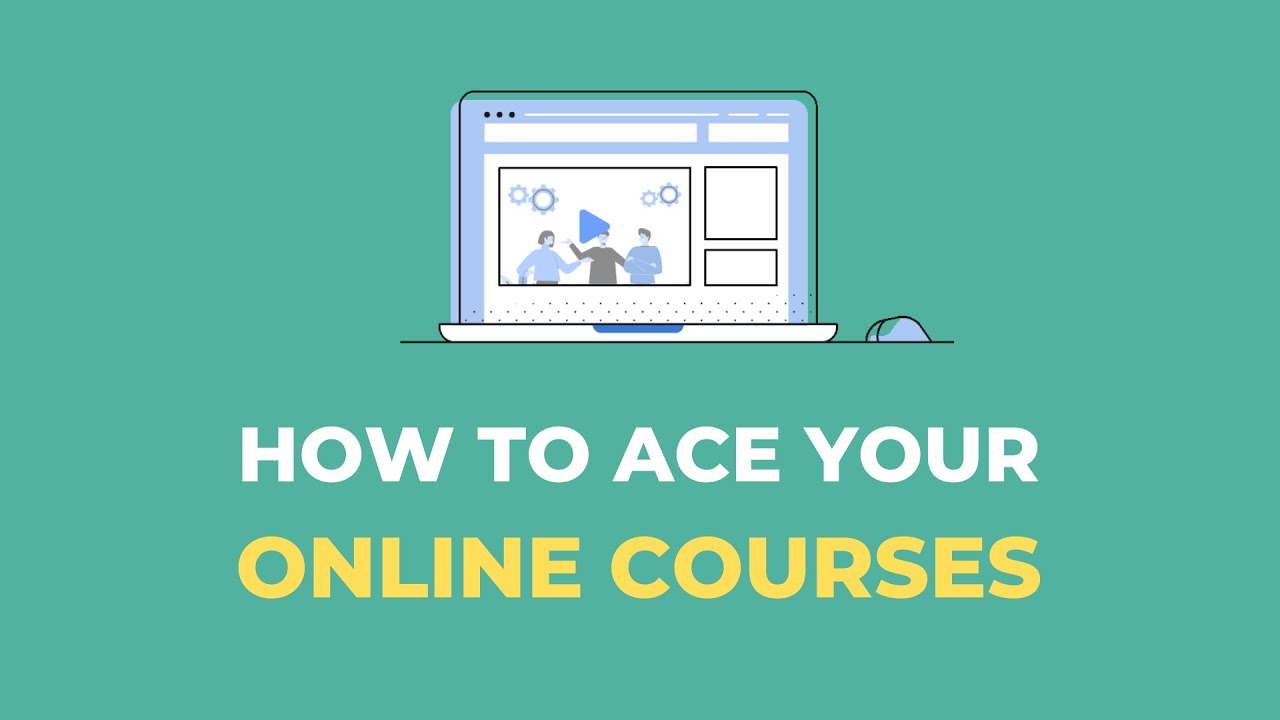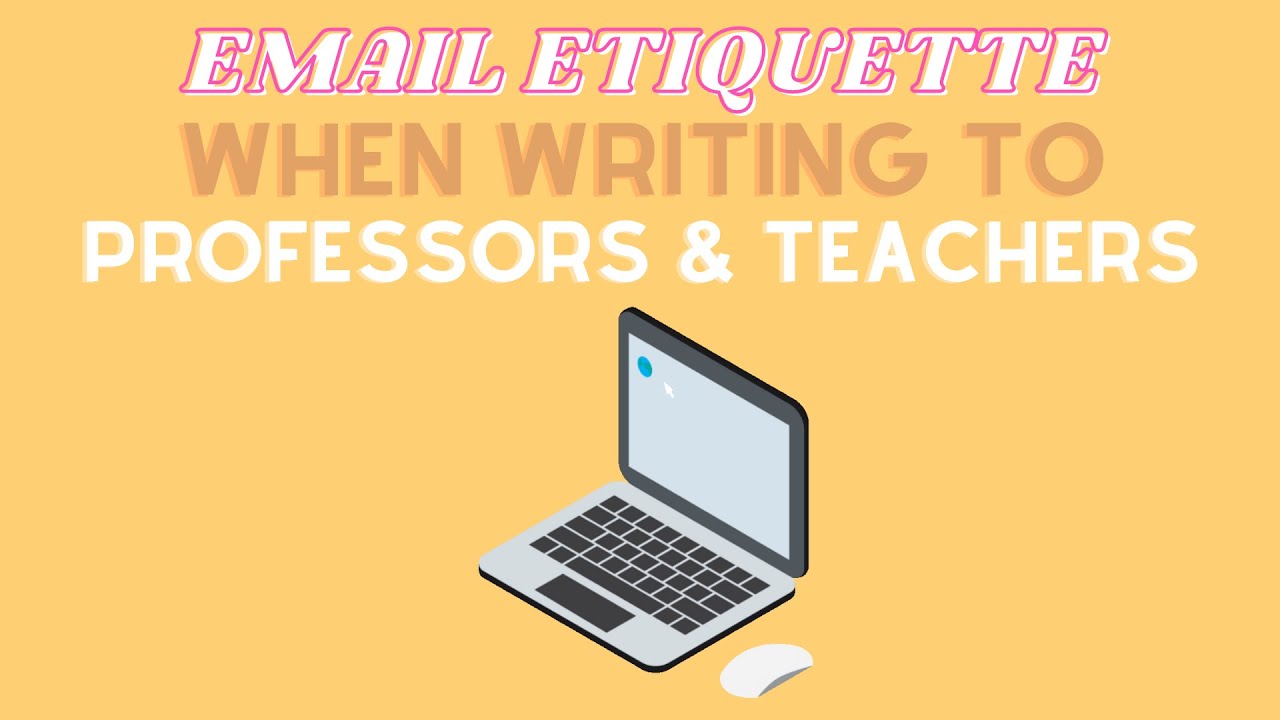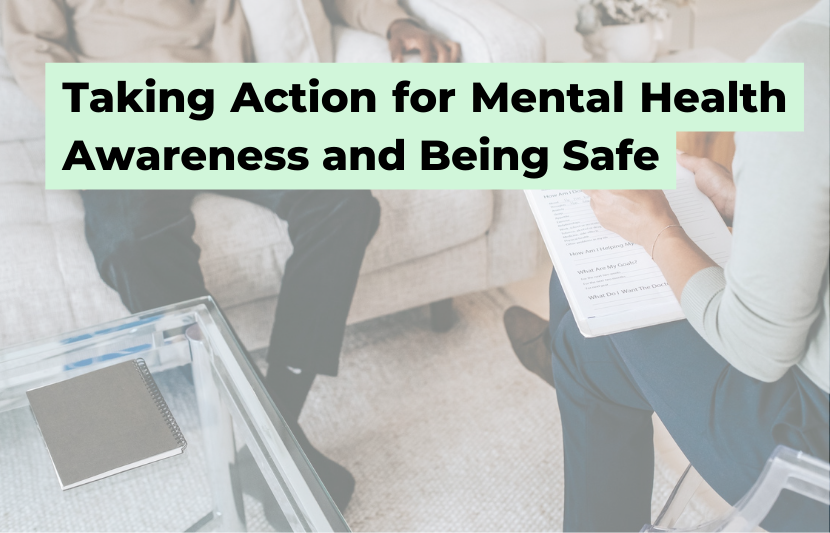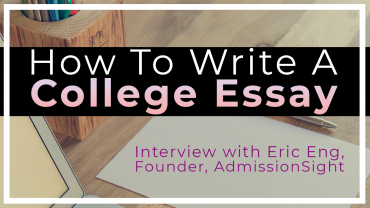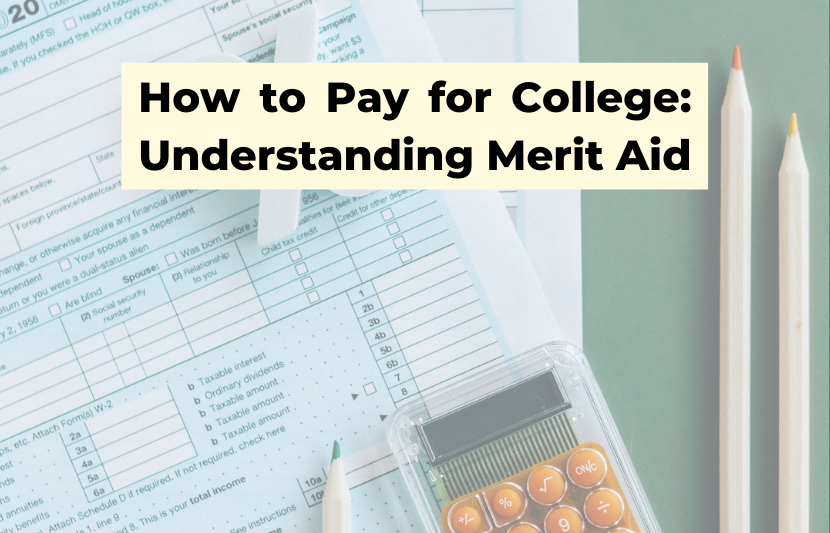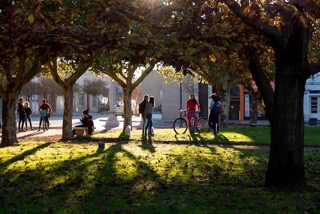In this episode of TUN TV, Dr. Crystal Rose interviews Eric Eng, CEO of AdmissionSight, about the top 10 takeaways from post-COVID college admissions.
Dr. Rose: Welcome to The University Network TV where we scan the globe to give students, their families, and educators the very best tips for student success.
I’m your host today, Dr. Crystal Rose, and on today’s show, we’re featuring our series, the college admissions process in retrospect, in our post-COVID 19’s new normal.
We’re looking at changes and key takeaways – surprising takeaways – from the last two college admissions cycles, and we’ve invited Eric Eng from the elite college admissions counseling program, AdmissionSight.
A bit about Eric Eng – he is the founder and CEO of AdmissionSight and has over 10 years of experience guiding students and their families through this competitive admissions process.
He graduated with a BA from Princeton University, and he has one of the highest track records in the industry placing students in Ivy League schools and top 10 universities. Where have you read about him? He’s been featured on U.S News and World Report for his insights on college admissions and he knows exactly what you need to do to get into the very best schools.
Well today, we’ll be doing Part One of the top 10 takeaways. We’ll do five of the top 10 takeaways with Eric Eng.
Eric, welcome to TUN TV.
Eng: Awesome. Thank you for having me, Crystal. Thank you so much for the introduction. It’s a pleasure to be on the show today.
Dr. Rose: We’ll start with the “college acceptance rates.” Did they go up? Did they go down? Where were they? What’s the balance?
Eng: If there’s one thing that we learned from this past submission cycle it’s that the college acceptance rates plummeted. I tell parents and students all the time that UCLA today is as hard as it is to get to Harvard 10 years ago. So, 10 years ago Harvard’s acceptance rate was around 10 or 12 percent. That’s the acceptance rate for UCLA today. And now today, Harvard’s acceptance rate is roughly around 3½ percent and it’s the same with the upper echelon of schools – Stanford, Yale, Princeton, etc. So, needless to say, the acceptance rates have become increasingly competitive over the years.
Dr. Rose: Absolutely. The next one I have on the list is the “standardized testing scores.”
Eng: The SATs have now gone test-optional, and I think during the COVID period, there was a lot of uncertainty revolving around the SATs. Should we bring it back? Should we keep it test-optional? As you’ve seen with MIT, they actually brought back the SATs, whereas other universities are still test-optional. So, what that means is it actually dramatically lowered the barriers to entry for some of these universities, because now students who didn’t perform well in the SAT before no longer need to report the scores.
And so, you have this influx of applications to the top 10 universities. And that has also driven the competitiveness of getting into these schools. So, there’s still a lot of uncertainty at this point. We’ll see what’s going to happen in the future, and a lot still remains to be seen.
Dr. Rose: The next point or the next takeaway, “APs and extracurriculars.” Are they more important? Less important? About the same as before COVID?
Eng: Yeah, absolutely. I would say that APs and extracurriculars carry significantly more weight, especially now that the SATs have gone test-optional. Then we have to look at all the other factors like the AP scores, the extracurricular activities, and attending prestigious summer programs. College admissions is always a holistic process. So there isn’t a cookie-cutter approach that says you had to meet this minimum GPA or minimum SAT score requirement to get in.
In fact, if you look at the common data set by these universities, about 30 percent of the students with between a 3.75 and a 3.99 GPA actually get into these schools, and roughly, I would say, another 60 percent have 4.0. So that also means the remaining 5-10 percent actually have GPAs lower than 3.75. That could come from many different factors like institutional priorities, recruited athletes, low-income students, and perhaps, there’s a lot of first-generation students. So the data really tells the story here.
Dr. Rose: I really like how you said, the data tells the story. What have you learned about the importance, or the role, that a “student’s passion” plays in their whole admissions process?
Eng: Absolutely. I think passion plays a tremendous role. I mean it’s really the driving factor behind college admissions. These universities, they’re trying to emit a well-rounded class, but each student within this class is really focused on one particular area and does that area really really well. That’s not to say that you can only do one activity. You could do many different activities, from founding a nonprofit to conducting academic research, to joining school clubs.
There’s a lot of ways to engage with your community, but you really want to leverage all these different activities to support your passion. That might mean your passion for science or your passion for history and literature. What are your academic passions? And so you really want to present that in a compelling manner when it comes to the college applications.
Dr. Rose: That all really factors into everything that we know about it, and I think you really said that very well. The next one is on “letters of recommendation.” What are the takeaways about letters of recommendation? Are they more important? Sounds like they could be more important.
Eng: Exactly. The letters of recommendation are really when you have a third-party view of the student that’s unbiased, right? We see what the student reports in the extracurricular activities. We see what the student reports in the essays. But the letters of recommendation give us a third-party view. Is a student really what he or she says? They are. Right?
And so the letters of recommendation are really your opportunity to showcase a different side of you that we haven’t seen before as well. So, what I always tell students is, you want to establish great relationships with your teachers, your mentors, and your research professors, because ultimately, they’re the ones going to be writing that letter of recommendation for you.
For students, I always advise them, don’t be afraid to ask questions in class. Asking questions is really a great way to showcase your intellectual curiosity and show that you’re willing to learn and go above and beyond. And when you establish this rapport with your teachers, when you ask thoughtful questions, when you show your voracious appetite for knowledge and learning, and this excitement for learning, it could really help you get a great letter of recommendation.
Dr. Rose: A really great suggestion and great recommendation for students to get the best letters from educators in a non-biased way, but something that really would support their whole application.
Well, I’m so excited that you gave us these top five takeaways. Stay tuned for Part Two where we cover the next five important takeaways from the past college admissions cycle – things that you should know about.
Thank you very much, Eric.
Eng: Thank you so much.
Dr. Rose: Thank you very much for joining us on TUN TV. I’m your host, Dr. Crystal Rose. Until next time.
This interview has been edited for clarity.
For more exclusive interviews with experts who share their insight to help students succeed, check TUN TV!
Related:

